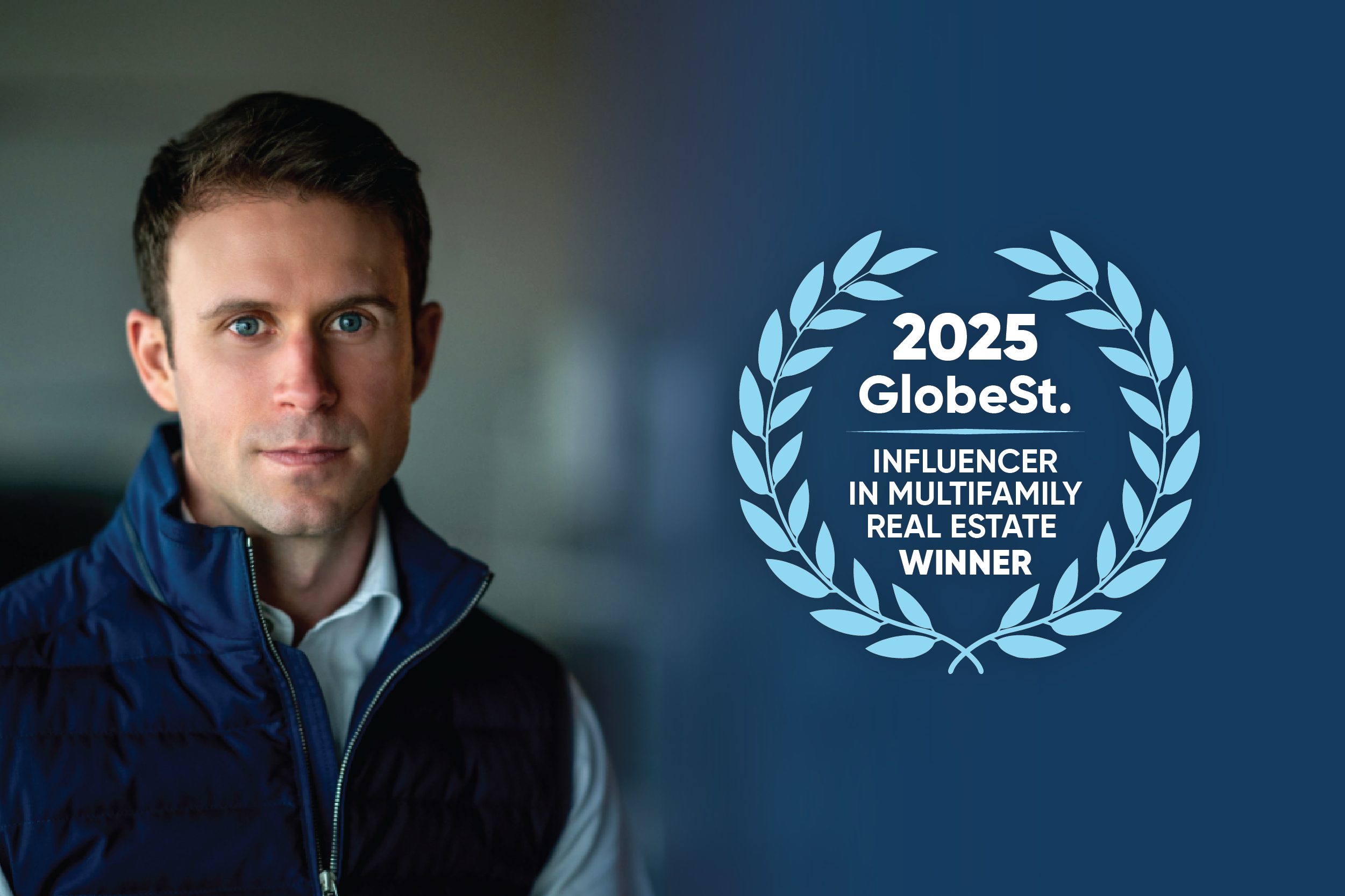It’s been said by seemingly every news outlet, media source, and public figure: we’re living in unprecedented times. COVID-19 has launched us into a realm of uncertainty, challenging world leaders, healthcare systems, and our general way of life. Recognizing the varied and all too often devastating impact of the pandemic, I consider myself incredibly fortunate to have faced little more than a disruption to my routine.
Throughout lockdown, like so many, my schedule has become suddenly void of business travel, face-to-face meetings, my daily commute, and even social obligations, providing an unusual amount of time to reflect on my normal. While there’s been much to consider as I compare how I always spend my time to how my time is best spent, I find myself revisiting a mindset that first resonated with me while reading Greg McKeown’s New York Times best-selling book, Essentialism.
McKeown defines essentialism as the disciplined pursuit of less. Reflecting on normal life, it’s maddeningly apparent that more often than not, society and business pull us –– myself included –– in a multitude of different directions, pursuing more no matter the cost. McKeown writes:
“There’s a word for trying to do everything all the time. Madness! I truly feel like it’s this perverse disease of thinking and it has an absolute monopoly right now. Do more. Do more. Get more. Fit in more. More more more.”
Of course, in the age of COVID-19, our normal pursuit of more has come to a screeching halt, like it or not. The raging river of everyday life, typically filled with a rushing current that barely gives us time to question where we’re going or why, has been put on pause. This has left us with the rare opportunity to properly stare down every direction and decide with more clarity which ones will deliver us to our desired destination. After all, what good is more if it’s not more of what we want?
As I retrace my typical steps and consider the many crossroads of business and life, I’ve been brought back to the same realization as when I first read McKeown’s book: busy is a decision. In fact, nearly everything is a decision. Choosing to give your time, energy, and attention to one thing is just as much a choice as not giving your time, energy, and attention to something else.
Being successful in business creates opportunities. The reality is that a lot of those opportunities are just enticing distractions. Remember the adage that good is the enemy of great? I’ve said yes to plenty of good opportunities only to later find myself too tied up to say yes when a great one finally presents itself.
As we prepare for a post-lockdown world, I’m using the pause to reevaluate and ensure I’m approaching life and business, as McKeown frames it, “ not getting more things done, but getting the right things done.” For me, this means:
Remembering everything is a decision
I’m in the driver’s seat, and I’m here alone. Whether I’m committing myself to something great or passing up something not-so-great, it’s all leading somewhere. The question is: Is it leading somewhere I want to go?
Defining what’s most important
As I navigate life’s decisions to ensure my time and energy are as well spent as possible, I rely on a personal doctrine as my compass. This helps keep my decision-making grounded in what’s truly important to me –– separating worthwhile opportunities from the noise. The doctrine isn’t fancy or fussy, it’s straightforward, with just five words for guidance: Family, friends, faith, finance, and fun.
Using “no” to my advantage
Ultimately, saying no becomes more important than saying yes. This is the part that requires exceptional discipline. Good opportunities still look good as you pass them by –– and the rush of life’s current doesn’t get less relentless. It’s up to me to take ownership of my time and energy by giving each decision its proper due. That means never settling for good enough and pursuing great instead of more.
That is the power of choice.




